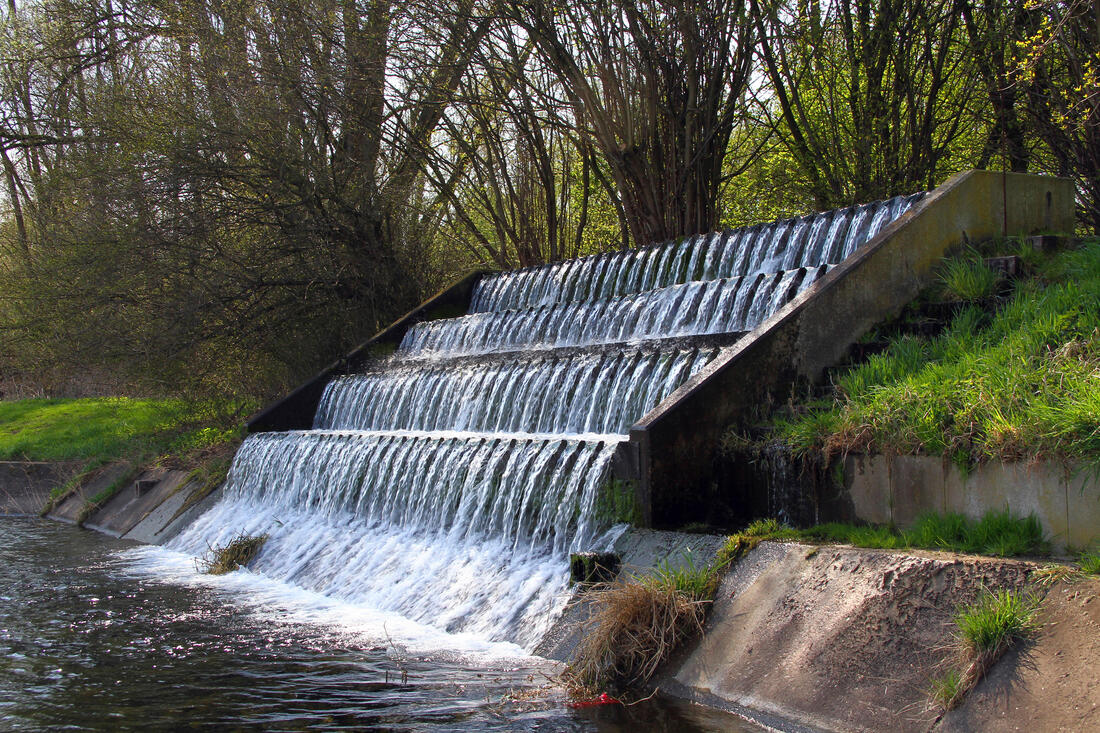|
Monica Emelko, Scientific Director and Principal Director of the forWater Network is giving two talks in December 2021 focused on the opportunities to build climate resilient communities by integrating 'green' watershed nature-based solutions with 'grey' in-plant infrastructure for drinking water security. The first talk is being hosted by WESTalks which is a collaborative initiative by IC-IMPACTS and the University of British Columbia’s Future Waters group. Monica will also be presenting at the Institute of Water's Science Festival which is held in the United Kingdom. Thursday December 2, 2021 - 9am PST, 12pm EST Techno-ecological Approaches for Treatment Resilience and Drinking Water Security in a Changing Climate Climate change undermines a basic assumption—stationarity—that historically has facilitated management of water supplies, demands, and risks. Climate change-exacerbated landscape disturbances such as wildfires and hurricanes cause deteriorated, more variable water quality that requires not only technology, but resources and skill for effective treatment. These disturbances can exhaust operators and push drinking water treatment operations beyond their response capacities, sometimes leading to service disruptions or outages. They also affect water rates, which have increased 41% in North America since 2010. As a result, more than one-third of all households may not be able to afford water services on a full cost recovery basis in the next five to 10 years. These threats impact large and small systems, and urban and rural settings. Their impacts are uneven, however, and more severe in rural and remote areas, and among marginalized populations, leading to uneven health outcomes. Techno-ecological approaches that leverage both “green” watershed and “grey” in-plant infrastructure can enhance treatment resilience to ensure drinking water security now and in the future. Whether it’s the critical linkage between source watersheds and the challenges that unprecedented water quality shifts pose to treatment processes or the need to return “back to basics” to understand chemically assisted filtration and how it addresses—or not—key public health risks, climate change adaptation requires our industry to reconsider the ideas of treatability and resilience. This talk will address key questions and opportunities to tackle these challenges. Thursday December 9, 2021 - 2pm GMT, 9am EST ($)
Science and the Global Environment – tackling climate change and investing in nature-based solutions Keynote address from Dr Mark Fletcher, Arup. In the following session, chaired by Dr Austen Buck from Southern Water, Dr Mark Fletcher will be joined on a panel by Kabindra Pudasaini, WaterAid Nepal, Professor Monica Emelko, University of Waterloo, Toronto and Dr Tony Harrington, Environment Director, Welsh Water. The panel will discuss the impact of climate change in developing countries, will take a look at some of the future threats to the water system, and will explore strategies to adapt to and mitigate the effects of climate change.
0 Comments
Leave a Reply. |
forWater NetworkThe Network provides insights into new scientific research for safe, secure drinking water---globally---which starts with resilient forests Archives
October 2023
Categories |


 RSS Feed
RSS Feed

